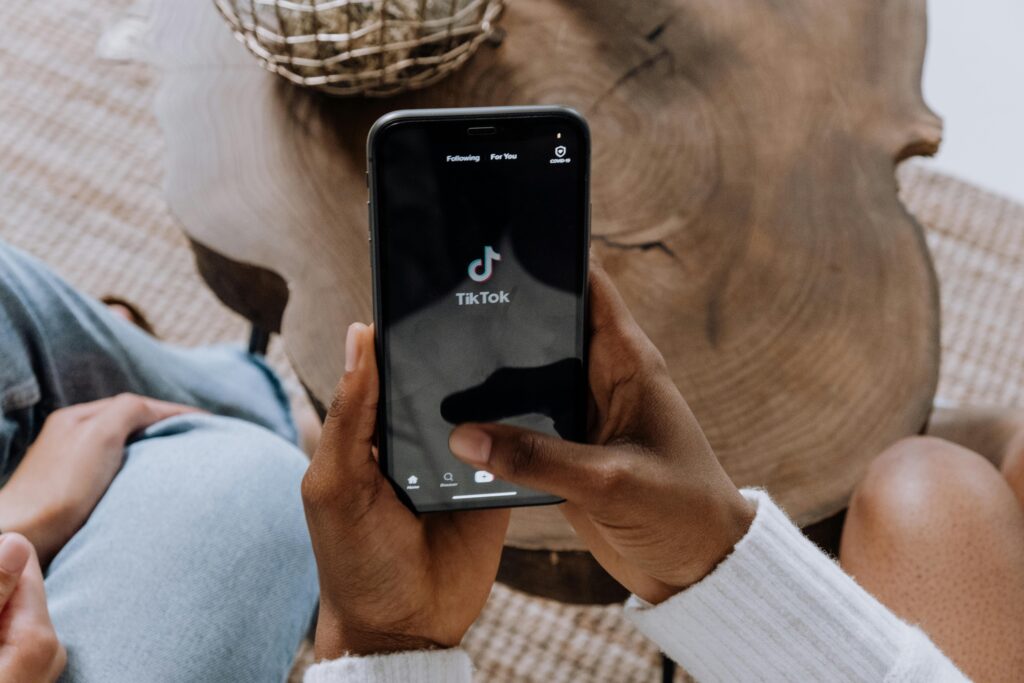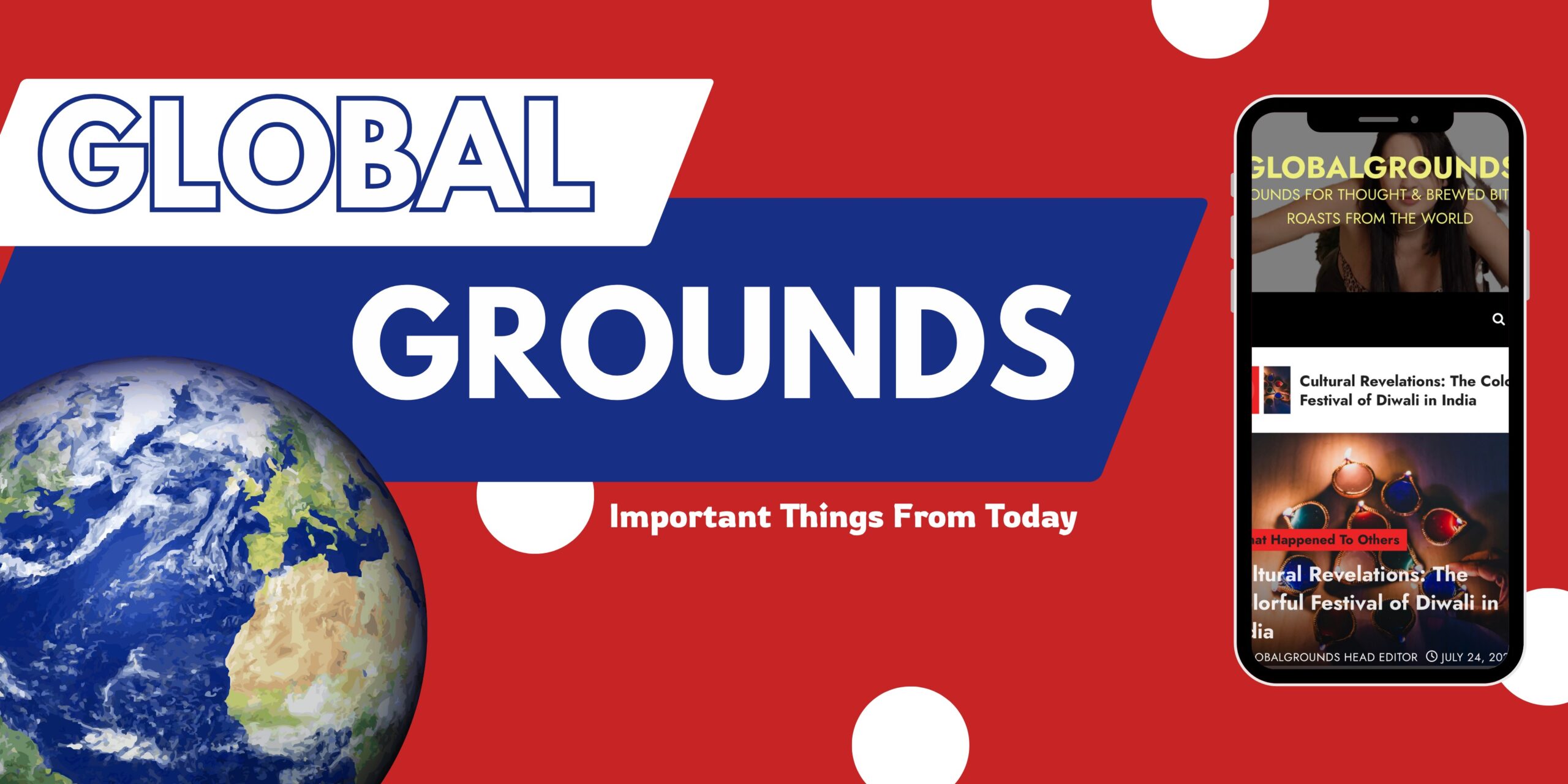
What began as a digital cold shoulder has grown into a full-blown security crackdown: Over a dozen countries have now banned TikTok on government-issued devices, citing concerns over data privacy, surveillance risks, and potential influence from the Chinese government.
The U.S., Canada, the UK, and several EU nations have implemented restrictions. Some have gone further, launching investigations into how user data is handled, especially for younger users. India, notably, banned the app entirely in 2020.
TikTok, owned by Chinese tech firm ByteDance, insists it does not share data with the Chinese government and has attempted to relocate data storage to servers outside China, including in the U.S. and Ireland. But critics argue that data location means little if the software remains under foreign control.
“It’s not just what the app shows you it’s what it learns about you,” said a cybersecurity expert at MIT.
What’s at Stake
This isn’t just a battle over a social media app. It’s about digital sovereignty, national security, and the blurred lines between entertainment and surveillance.
With over a billion users globally, TikTok shapes not only pop culture but increasingly, political discourse. And that’s raising alarm bells in capitals worldwide.
As the world rethinks who controls data and who gets to dance on which platform TikTok’s future may say more about global tech trust than it does about viral videos.






